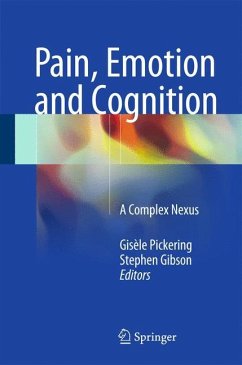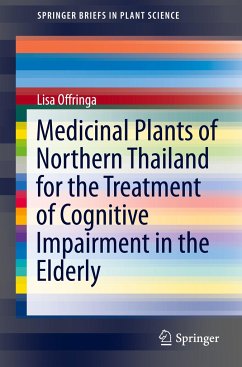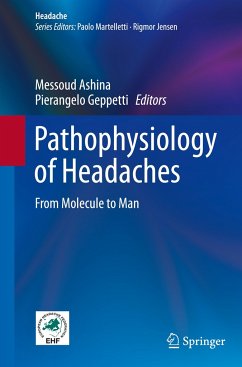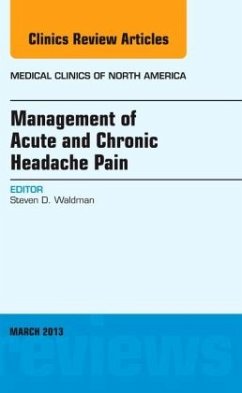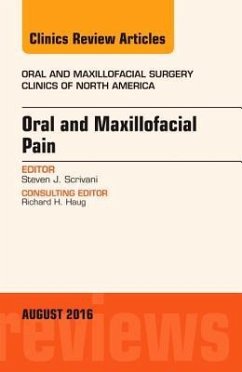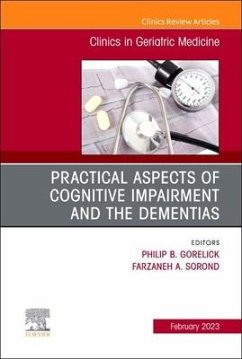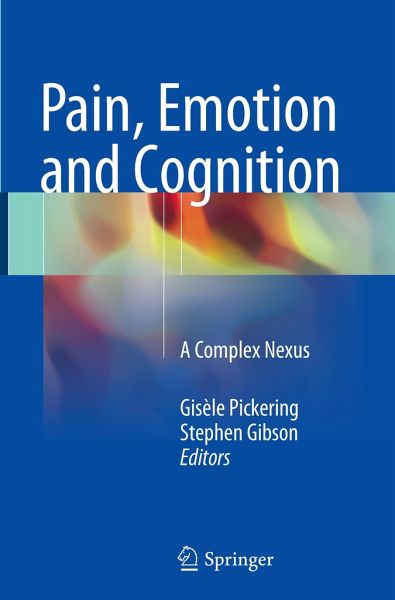
Pain, Emotion and Cognition
A Complex Nexus
Herausgegeben: Pickering, Gisèle; Gibson, Stephen
Versandkostenfrei!
Versandfertig in 6-10 Tagen
61,99 €
inkl. MwSt.

PAYBACK Punkte
31 °P sammeln!
This book focuses on the reciprocal interactions between pain, emotion and cognition. International experts report on their findings, clinical experience and the most recent literature on the complex relations between these three domains. Clinical, psychological, behavioral and neuroimaging approaches converge towards aiding patients suffering from pain, cognitive impairment or emotional distress.Beyond the pathophysiological aspects of pain, difficulties encountered with patients are analyzed and strategies are proposed to optimize treatment, doctor-patient relationships, and patient well-bei...
This book focuses on the reciprocal interactions between pain, emotion and cognition. International experts report on their findings, clinical experience and the most recent literature on the complex relations between these three domains. Clinical, psychological, behavioral and neuroimaging approaches converge towards aiding patients suffering from pain, cognitive impairment or emotional distress.
Beyond the pathophysiological aspects of pain, difficulties encountered with patients are analyzed and strategies are proposed to optimize treatment, doctor-patient relationships, and patient well-being.
This work will appeal to a broad readership, from clinical medical practitioners to psychologists, nurses and pain specialists.
Beyond the pathophysiological aspects of pain, difficulties encountered with patients are analyzed and strategies are proposed to optimize treatment, doctor-patient relationships, and patient well-being.
This work will appeal to a broad readership, from clinical medical practitioners to psychologists, nurses and pain specialists.



